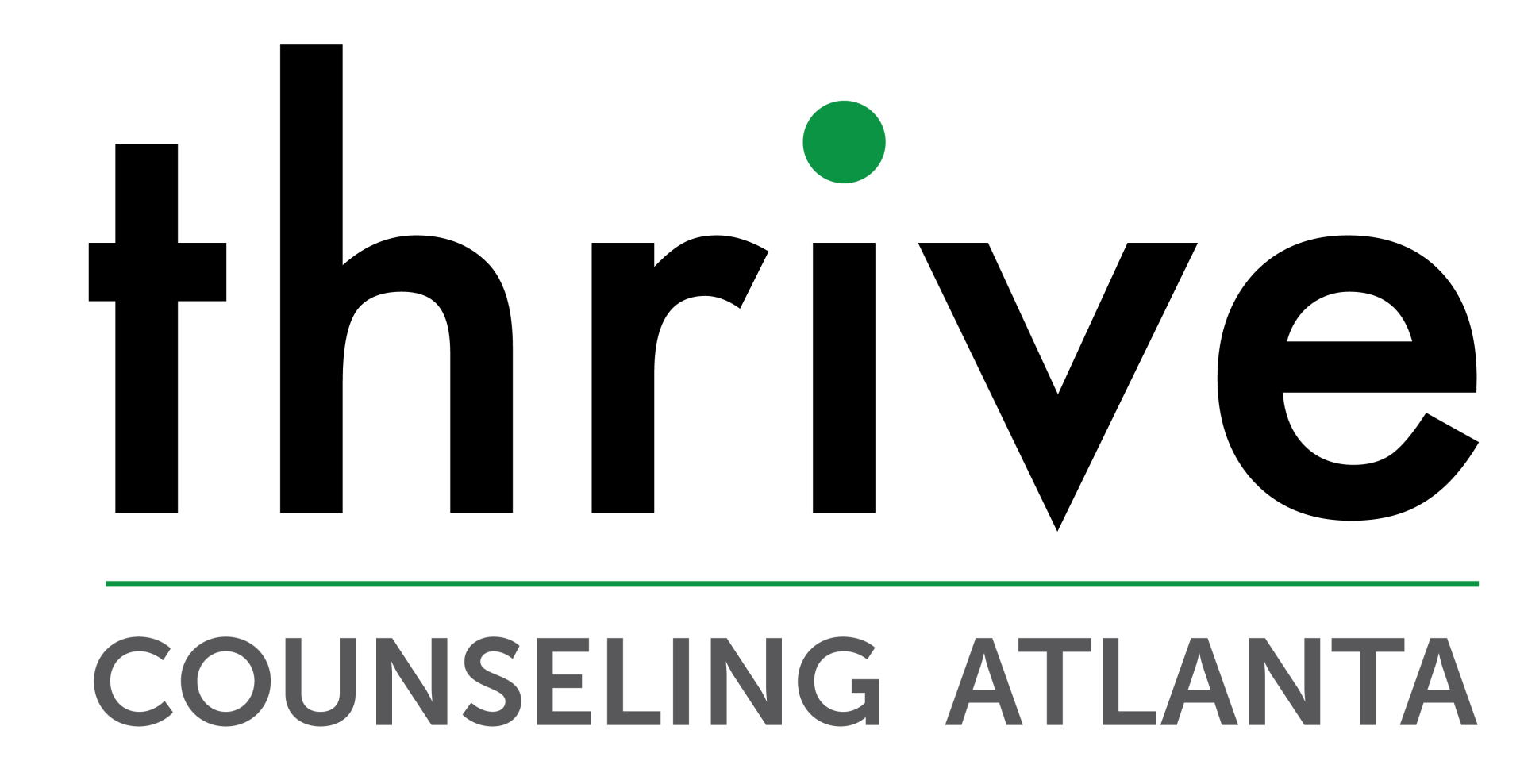Is There a Big Difference Between Sexual Identity and Sexual Orientation?

These days, it may be easy to confuse gender identity, sexual identity, and sexual orientation. The issue seems to be growing in complexity as more terms are added in. As a result, you may be wondering what the difference between sexual identity and sexual orientation is?
Conversations around sexual identity are on the rise. Likewise, as awareness spreads, so can understanding and inclusivity. Members of LBGTQ+ groups are working to change cultural norms that exclude them because of their beliefs or choices. Discovering and identifying your sexuality can be a complicated issue. One way to gain insight may be to better understand the difference between common terms.
In this article, we'll identify the big difference between sexual identity and sexual orientation.
What's the Difference Between Sexual Identity and Sexual Orientation?
Let's begin by defining each term.
- Sexual identity is your sense of self in relation to your sexuality. As such, it encompasses many components, including gender identity and sexual orientation.
- Sexual orientation is the term used in regard to who you are attracted to, sexually and romantically. For example, sexual orientation includes terms such as heterosexual, gay, straight, lesbian, bisexual, asexual, queer, or questioning.
To help resolve the complexity of the definitions, let's identify the big difference between the two.
Your sexual identity is how you define yourself sexually. Part of that includes sexual orientation. On the other hand, sexual orientation is your sense of sexual or romantic attraction toward others.
What Does It Mean If I'm Not Sure About My Sexual Identity?
You may not be sure about your sexual identity. In fact, you may even have a sexual experience with someone and still not know. Likewise, you may not feel sexually interested in anyone, regardless of their gender or orientation, and that's ok too. Sexuality can change over time. Therefore, how you identify right now could change in the future or be different than it was a year ago. Likewise, a change doesn't necessarily mean you're confused. It's important to remember that your sexuality does not define you. Likewise, it's only a part of who you are. Therefore, it's ok to be unsure about your identity.
Determining your identity can bring a wide variety of thoughts and emotions. For example, for some, same-sex attraction may lead to confusion, fear, or worry. On the contrary, discovering your sexual identity may bring an internal sense of relief and a newfound sense of freedom.
It can be difficult to outwardly acknowledge how you identify sexually for a variety of reasons. Likewise, you may feel pressure to identify one way or another. Over time, this can begin to weigh heavy on your mind and affect your physical or mental health.
At Thrive Counseling Atlanta, we may be able to help you process or work through the challenges associated with your sexual identity. Please, visit our website or call us today to learn more.






